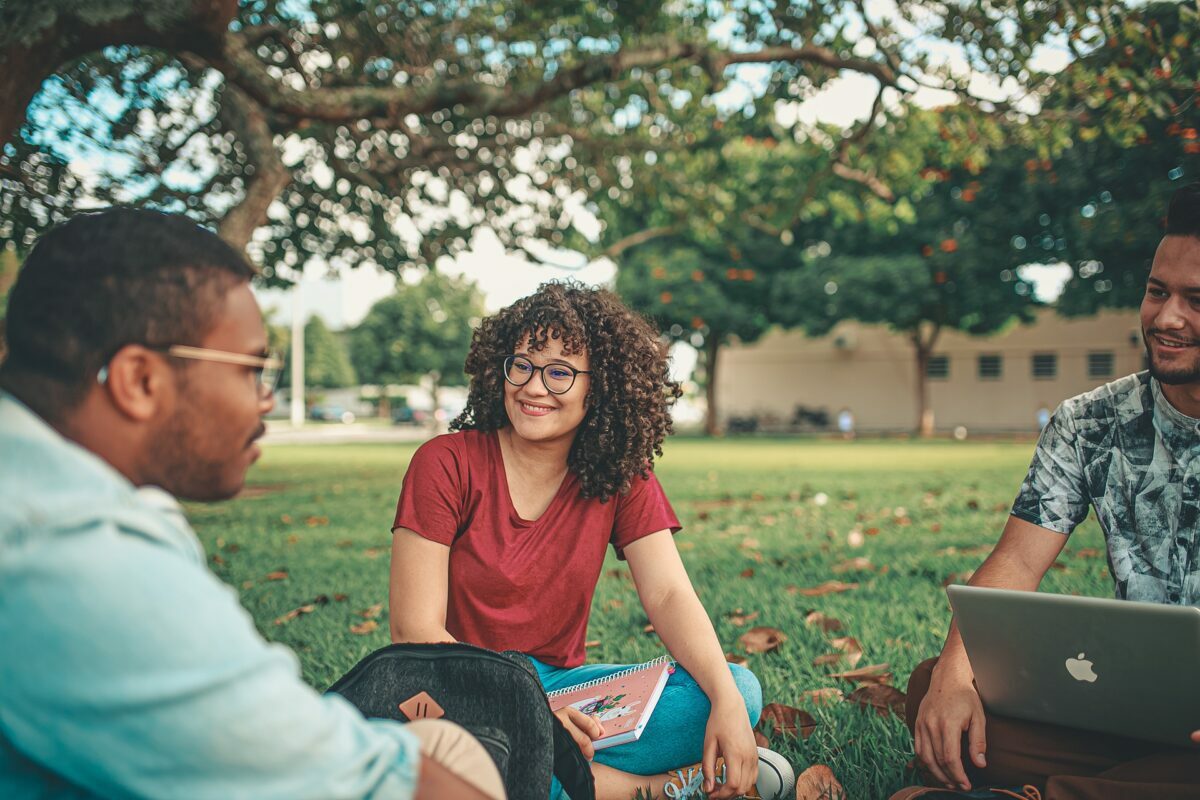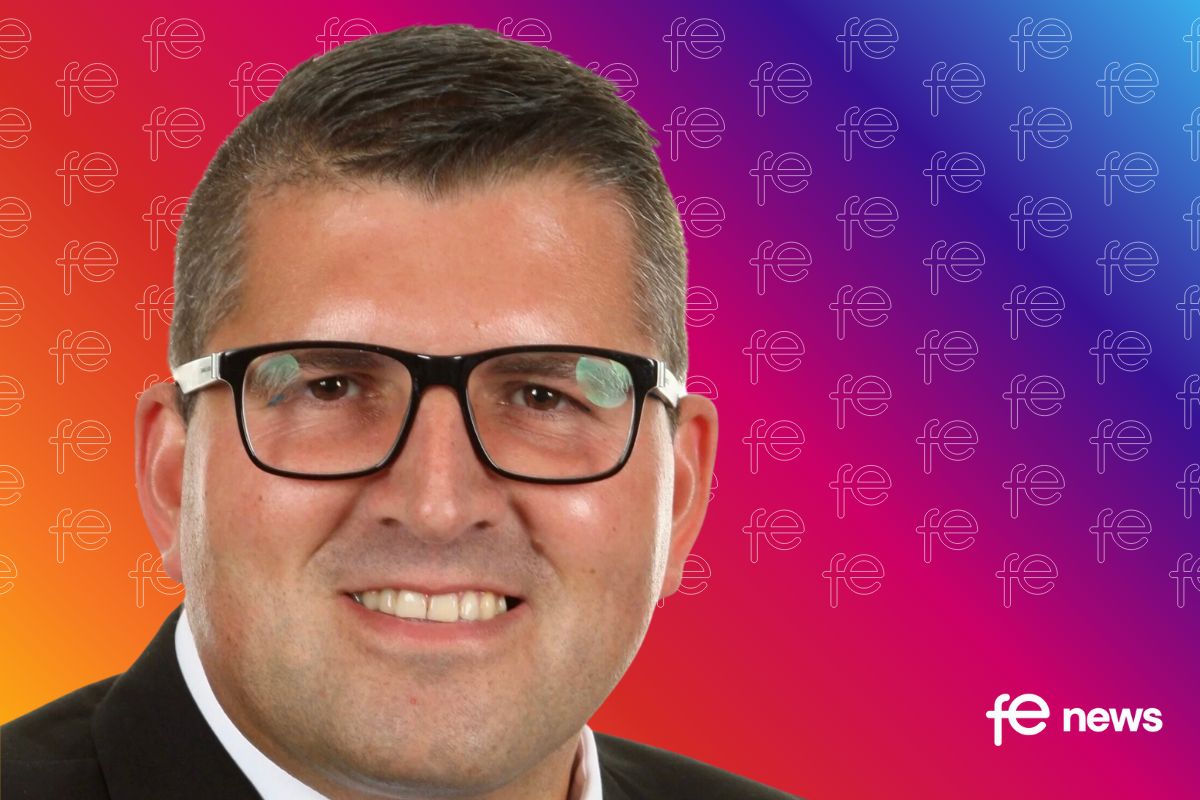OKdo donates 5,000 micro:bit computers for digital challenge

OKdo, the global technology company from Electrocomponents plc, has donated 5,000 micro:bit devices to young people from under-represented groups around the world. The micro:bits will allow more young people to take part in the global ‘do your :bit’ challenge, of which OKdo is a strategic partner for the second year running.
About the challenge
The do your :bit challenge, run by the Micro:bit Educational Foundation, challenges young people from across the world to come up with inventive solutions that are linked with UN’s Global Goals such as ‘climate action’, ‘good health and wellbeing’ and ‘reduced inequalities’.
micro:bit projects could be anything from radio animal trackers for endangered species, to pedometers to monitor steps taken. The brief is designed to test young people’s imagination, creativity and technology skills.
Winners and runners up will be selected from six regions: Africa, Asia & Pacific, Europe, the Middle East, North America, and Latin America. Winners from all over the world will receive micro:bits and a selection of micro:bit accessories. Second and third place runners-up will also receive micro:bits.
About the donations
The 5,000 donated micro:bits are supporting children in countries as varied as Kenya, the UK and Japan to help get them engaged in the competition and in digital learning and computer science for the long-term.
Donations have been received by:
- iamtheCODE (UK)
- DreamSpace – BCP (Broadband Connection Points) (Ireland)
- CoderDojo (Japan)
- Code for Everyone (Japan)
- SteamLabs (Kenya)
How to enter
OKdo is now encouraging even more young people worldwide, aged 8-18 to participate in the challenge before the 15th July deadline. Entrants do not need to have received a donated micro:bit to get involved in the free-to-enter contest, and no purchase is necessary either. Competitors don’t need a micro:bit to enter: they can use the online simulator tool or come up with an amazing idea on paper.
Young people can enter individually, or as part of a small team, and the top global entrants that come up with the most imaginative and effective design solutions will win micro:bit prizes.
The entry form can be found at: https://www.microbit.org/projects/do-your-bit/.
Last year’s winners
The 2021 challenge winner inventions included a system to monitor oxygen levels in forests, which can detect deforestation more efficiently than satellite imagery, an all-in-one micro:bit device that provides users with multiple coping mechanisms to deal with anxiety, and a solar-powered portable filtration device that uses UV LEDs to sterilise drinking water.
About new training for teachers
As part of their work with micro:bit, OKdo is also supporting a project being delivered in partnership with the British Council in West Bengal, India, to train 200 teachers in how to deliver inspiring lessons using these mini-computers.
Teachers will participate in three training sessions to give them a comprehensive understanding of how to bring their lessons to life with micro:bit’s functionality. It is anticipated that these will benefit over 6,000 students, as well as helping teachers share their knowledge with fellow educators, thereby extending the reach of the project.
To help teachers and coding club leaders inspire students, OKdo has produced a range of interactive learning videos which offer guidance to competition participants on the design engineering process. These videos can be found at: https://www.okdo.com/do-your-bit/.
Richard Curtin, Co-Founder atOKdo said:
“We are delighted to be once again involved in the ‘do your : bit’ 2022 challenge as strategic partner, and we hope that our 5,000 BBC micro:bit donations encourage the recipients to engage with digital learning and coding skills.
“We believe that computer science is an important element of STEM education in the 21st century, and that giving more children across the world the opportunity to learn digital skills, and understand the design engineering process, will be highly advantageous to all society in the future. This competition really does bring technology and positive social impact together.
“In addition to donating 5,000 micro:bit devices to enable more young people to participate in this challenge, we’re supporting entrants with a series of interactive videos focussing on the engineering design process.”
“We partnered on last year’s do your:bit challenge, and were impressed by the levels of creativity, innovation, and tech know-how displayed by young people all over the world. We can’t wait to see all the amazing concepts and solutions students come up with in this year’s challenge!”











Responses